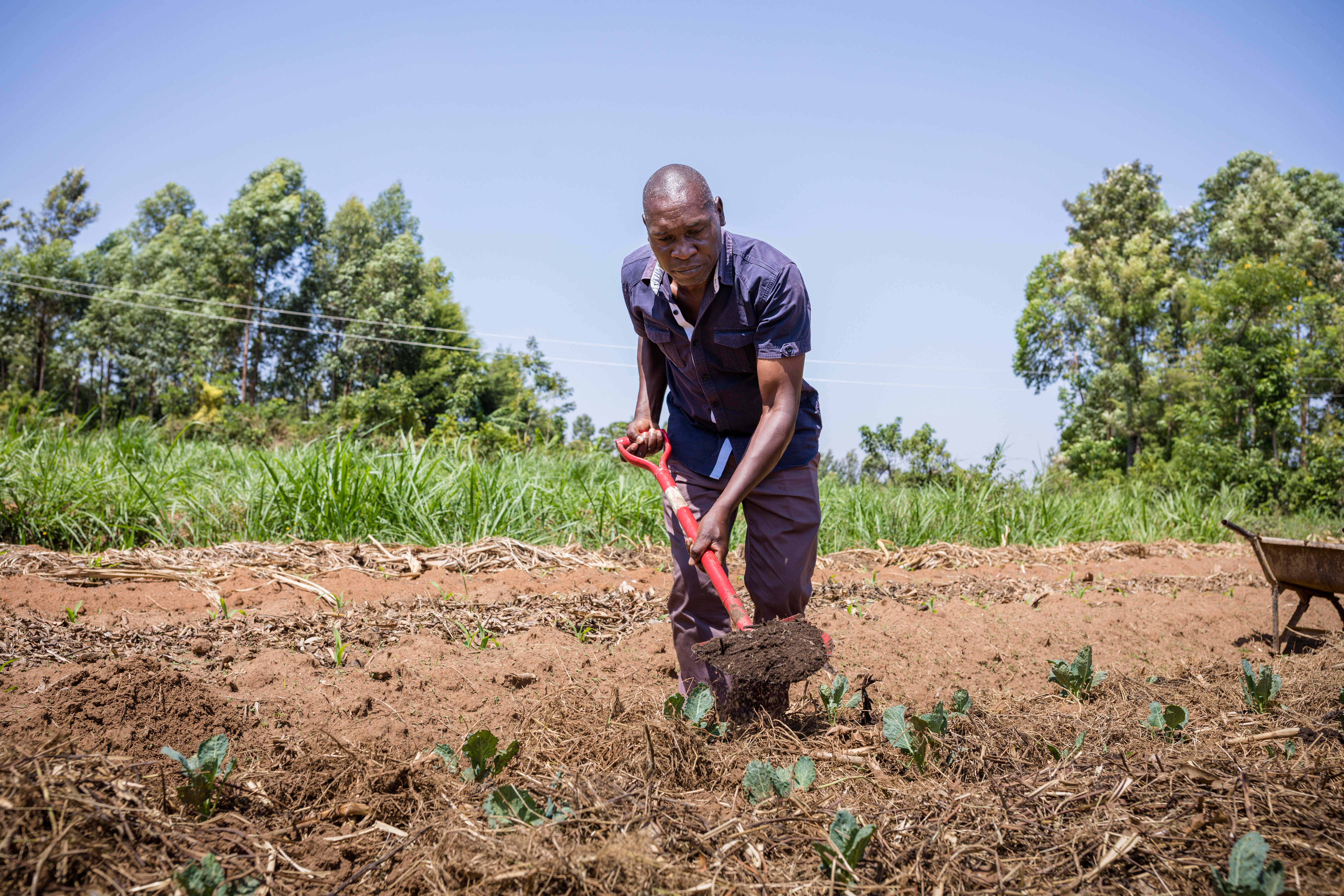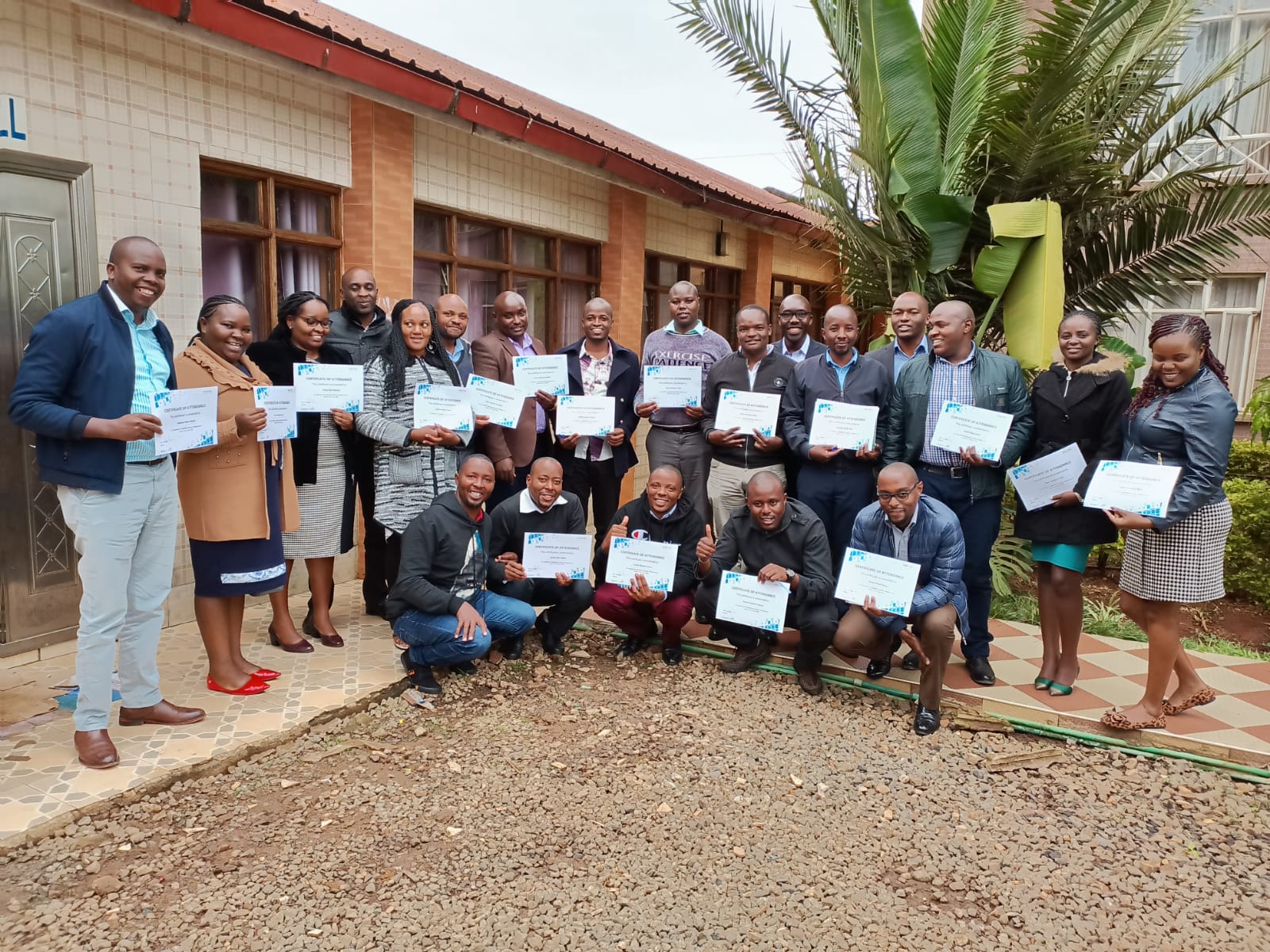Portfolio Partner Profile
eco.business sub-fund for Sub-Saharan Africa
The eco.business sub-fund for Sub-Saharan Africa (EBF SSA) was launched in 2019 as a branch of the broader eco.business Fund to support business activities that contribute to biodiversity conservation, the sustainable use of natural resources, and climate change mitigation and adaptation in the Sub-Saharan region of Africa. The Fund seeks investments that yield both financial and environmental returns. EBF SSA’s financing can be provided directly to agricultural companies or through local financial institutions.
Sub-Saharan Africa is rich in biodiversity, but is especially vulnerable to the effects of climate change. To mitigate the negative impacts of climate change, EBF SSA focuses on supporting businesses to adopt sustainable practices in four target sectors including agriculture and agri-processing, fishery, aquaculture, and tourism. EBF SSA also offers tailored advisory and capacity building support to accompany investment activities the Fund provides to promote behavioral change in financial institutions’ lending practices.
Calvert Impact has a strong long-standing relationship with Finance in Motion, the Germany-based advisor to the eco.business Fund SSA, since 2017 and is currently invested in the eco.business sub-fund for Latin American and the Caribbean and the SANAD Fund for MSME.
To learn more about eco.business Fund and its impact, check out the Fund's latest Impact Report at: https://www.ecobusiness.fund/en/impact
Featured Impact Story
Photo credit: eco.business Fund courtesy of Finance in Motion
Impact Story
Banking on Resilience – Family Bank’s Journey Beyond Finance
In Kenya’s agricultural heartlands, producers with internationally recognized sustainability certifications are proving that farming can be both profitable and environmentally friendly. With support from the eco.business Fund and its partner Family Bank, these businesses can now access the capital they need to scale responsibly. Family Bank is a commercial bank with 95 branches in 32 counties across Kenya. In 2012 it jointly established The Family Group Foundation which is committed to tackling inequalities caused by rapid growth in Kenya’s economy and other sustainability issues.
John Karuga, founder of Everest Enterprise, was one of Kenya’s first horticulture exporters. He used Family Bank’s financing to bring his vision of Kenya as a horticultural leader to life, expanding his business from exporting a single container a week to over 100. Additionally, In Bomet County, Hillary Too and Zeddy Chepkemo of Tet Tea Factory used bank financing to prepare for a more sustainable future by installing solar power and improved waste systems. These stories reflect the ripple effect of accessible, purpose-driven finance—empowering local businesses to lead, innovate, and thrive in harmony with the environment.
eco.business Fund’s investment helped tea producers in Kenya to be more efficient and conserve biodiversity on their farms. EBF provided 105 Family Bank credit and loan officers with specialized and comprehensive training around sustainability lending. This improved Family Bank’s credit paper quality and increased the credit team’s understanding of agri-facilities. Today, 70 branches consistently originate agri-loans, up from 20 before EBF’s support. This significantly diversified Family Bank’s agri-loans, which now include dairy, cereals and horticulture. EBF also provided ongoing assistance on Environmental and Social Management Systems to enhance environmental and social risk screening, data analysis, and impact reporting. EBF’s support is the first step in Family Bank Kenya’s efforts to diversify into agriculture and attract new development partners.






